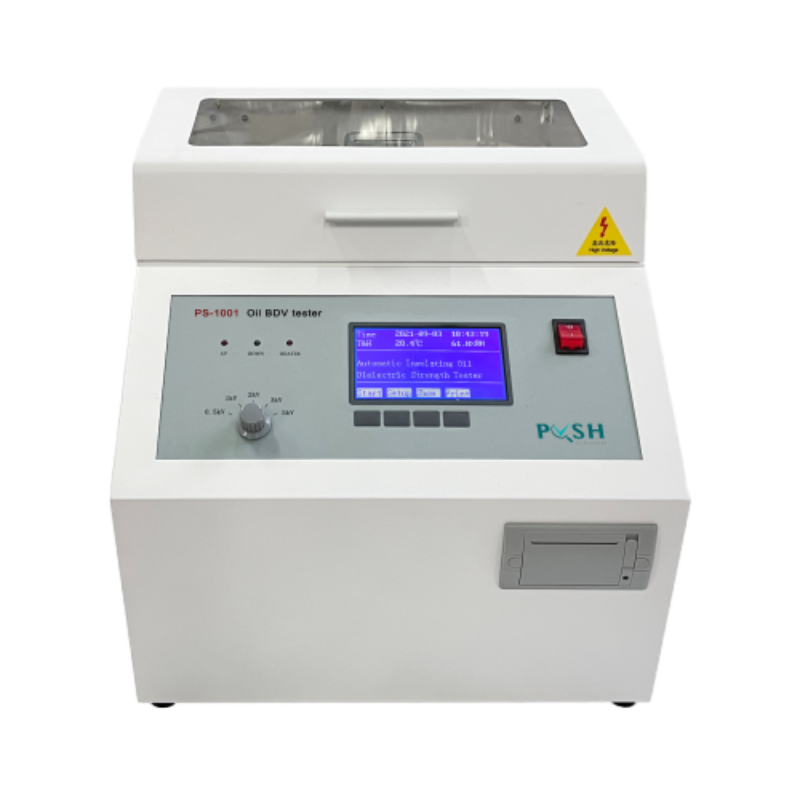 English
English


flash point closed cup tester
Understanding the Flash Point Closed Cup Tester
The flash point closed cup tester is an essential instrument used to determine the flash point of liquids, which is a crucial safety measure in various industries, including petroleum, chemicals, and pharmaceuticals. The flash point is defined as the lowest temperature at which a liquid can form an ignitable mixture with air. This property is critical in evaluating the fire hazards associated with handling, storing, and transporting volatile substances.
In a closed cup test, the sample is placed in a sealed container, ensuring that vapors do not escape during the testing process. This method more accurately reflects real-world conditions, as many fluid fires occur in confined spaces. The closed cup tester typically consists of a heating element, a temperature measurement device, and a mechanism to introduce an ignition source, such as a spark or flame.
One of the most commonly used standards for determining flash points in closed cup tests is ASTM D6450 (Standard Test Method for Flash Point by Small Scale Closed Cup Tester). This method involves heating the liquid sample at a controlled rate while periodically introducing an ignition source. The temperature at which a flash flame occurs is recorded as the flash point.
flash point closed cup tester

The benefits of using a closed cup tester over an open cup test, such as the Pensky-Martens method, include its ability to better simulate conditions that may lead to fire incidents. For instance, in many situations, liquids are stored in sealed containers, and their vapors may not dissipate in the open air. Closed cup testing provides a clearer picture of the potential fire risks by considering the vapor concentrations that could accumulate in such settings.
Moreover, closed cup testers are designed to minimize the loss of volatile components during testing, ensuring more accurate results. Additionally, the closed cup method generally requires a smaller sample size, making it more efficient and cost-effective for laboratories.
The flash point can guide manufacturers and safety professionals in risk assessments related to transportation and handling of flammable liquids. For example, substances with a low flash point may require specific labeling, storage at controlled temperatures, and extra precautions to prevent accidental ignition. Consequently, industries are compelled to strictly adhere to regulations concerning the handling of flammable materials, which often vary depending on regional and international safety standards.
In conclusion, the flash point closed cup tester is a vital tool for assessing the fire risk of liquid substances. By providing accurate flash point measurements, it helps ensure safer practices in the industry. As safety standards continue to evolve, the importance of precise flash point testing remains paramount, helping to prevent accidents and protect lives. Therefore, investing in reliable closed cup testers and training personnel in proper testing protocols is an essential step for any organization dealing with flammable materials. Understanding the principles of flash point testing is not only beneficial for compliance but is also critical for creating a culture of safety within organizations.
-
Differences between open cup flash point tester and closed cup flash point testerNewsOct.31,2024
-
The Reliable Load Tap ChangerNewsOct.23,2024
-
The Essential Guide to Hipot TestersNewsOct.23,2024
-
The Digital Insulation TesterNewsOct.23,2024
-
The Best Earth Loop Impedance Tester for SaleNewsOct.23,2024
-
Tan Delta Tester--The Essential Tool for Electrical Insulation TestingNewsOct.23,2024





